In the ever-evolving interest of life span and more beneficial maturing, a modern ponder has cast new light on the part of vitamin D—a supplement frequently related with bone wellbeing and insusceptibility. Concurring to later discoveries, vitamin D may moreover offer assistance moderate a cellular prepare closely connected to maturing, advertising promising suggestions for age-related illnesses and life span research.
This article investigates the study’s discoveries, the science behind vitamin D’s impact on cellular maturing, and what this seem cruel for future anti-aging interventions.
Understanding the Maturing Prepare: The Part of Cellular Senescence
Aging is a complex organic handle impacted by hereditary, natural, and way of life components. One basic component included in maturing is cellular senescence—a state in which cells halt separating and start to gather. These senescent cells discharge fiery particles and can harm adjacent solid tissue, contributing to unremitting aggravation, debilitated tissue repair, and age-related infections such as cardiovascular malady, Alzheimer’s, and cancer.
While cellular senescence serves as a characteristic defense against cancer and harmed DNA, its unchecked aggregation is broadly respected as a trademark of maturing. Finding ways to moderate down or kill senescent cells has ended up a major center in life span science.
The Modern Ponder: Vitamin D and Cellular Health
A 2025 peer-reviewed ponder conducted by analysts at a driving European biomedical organized found that vitamin D plays a critical part in directing the buildup of senescent cells. Utilizing both in vitro (lab-grown cells) and in vivo (creature models) tests, the analysts watched that satisfactory levels of vitamin D diminished markers of cellular senescence by as much as 30% over a 12-week period.
Their speculation stemmed from prior considers appearing vitamin D’s part in decreasing oxidative stretch and irritation. The modern consider, in any case, took a step encourage by appearing how vitamin D effectively influences quality expression related to the senescence pathway, especially the p16^INK4a and p21^CIP1 qualities, which are known markers of maturing cells.
Lead creator Dr. Erika Scholz commented, “Vitamin D shows up to tweak key translation variables that stifle senescence-related quality actuation. This proposes a more systemic anti-aging impact than already understood.”
Vitamin D and the Anti-Aging Mechanism
Vitamin D, a fat-soluble vitamin delivered by the skin in reaction to daylight and gotten from dietary sources, is basic for calcium retention and bone wellbeing. In any case, its impacts reach distant past the skeletal system.
Here’s how vitamin D may offer assistance counter aging:
- Reduces Oxidative Stretch: Vitamin D improves the action of antioxidant proteins like glutathione peroxidase, making a difference to neutralize responsive oxygen species (ROS) that quicken cell damage.
- Modulates Aggravation: It downregulates pro-inflammatory cytokines and upregulates anti-inflammatory ones, possibly decreasing the constant irritation that drives age-related disease.
- Supports Mitochondrial Work: Later inquire about appears vitamin D keeps up mitochondrial judgment, significant for vitality generation and cellular longevity.
- Regulates Autophagy: The think about famous vitamin D’s part in advancing autophagy—the body’s prepare of clearing out harmed cells and recovering more advantageous ones.
Deficiency Dangers and Maturing Implications
Despite its benefits, vitamin D insufficiency is broad, especially in more seasoned grown-ups. Maturing decreases the skin’s capacity to synthesize vitamin D from daylight, whereas incessant conditions and decreased dietary admissions encourage compound the problem.
Deficiency in vitamin D has been connected to:
- Cognitive decline
- Muscle shortcoming and falls
- Increased chance of constant maladies (diabetes, heart disease)
- Depression and disposition disorders
By focusing on a root cause of aging—cellular senescence—adequate vitamin D levels may play a more central part in preventative wellbeing care for more seasoned adults.
Optimal Dose: How Much Is Enough?
While the study’s discoveries are empowering, analysts caution against tall dosages without restorative supervision. The suggested dietary stipend (RDA) for vitamin D changes by age:
- Adults 19-70 a long time: 600 IU/day
- Adults over 70 a long time: 800 IU/day
However, numerous life span analysts advocate for serum 25(OH)D levels between 40–60 ng/mL for ideal wellbeing, which may require supplements extending from 1,000–2,000 IU every day, depending on daylight presentation and dietary habits.
It’s critical to note that overabundance vitamin D can lead to harmfulness, causing calcium buildup in the blood, queasiness, and kidney problems.
Expert Suppositions and Caution
While the discoveries are promising, specialists encourage a adjusted see. Dr. Michael Holick, a driving vitamin D analyst, noted:
“Vitamin D’s potential to diminish senescent cell amassing includes to its known wellbeing benefits. But it’s no enchantment bullet. Maturing is multifactorial, and no single intercession will halt it entirely.”
Furthermore, the study’s comes about were based on controlled research facility settings. Large-scale human trials are still fundamental to affirm the correct affect of vitamin D on cellular maturing in real-world conditions.
Practical Recommendations
Based on current information, here are a few basic steps to optimize vitamin D levels and back solid aging:
- Get Daylight Introduction: 10–30 minutes of early afternoon daylight, a few times per week, is frequently sufficient for most people.
- Eat Vitamin D-Rich Nourishments: Incorporate greasy angle (salmon, mackerel), braced dairy, mushrooms, and egg yolks.
- Consider Supplements: Particularly for more seasoned grown-ups, individuals with darker skin, or those in low-sunlight regions.
- Monitor Levels: Customary blood tests can offer assistance decide if supplementation is required and at what dose.
Final Considerations: A Step Toward Longevity?
While vitamin D alone is not a remedy for maturing, its rising part in decreasing cellular senescence includes an energizing measurement to life span science. Combined with other intercessions such as work out, a adjusted count calories, rest, and push administration, vitamin D may serve as a low-cost, low-risk procedure to back more beneficial aging.
As inquire about proceeds to reveal the biochemical underpinnings of life span, supplements like vitamin D offer a confident see into how straightforward way of life choices can make a significant affect on how we age.
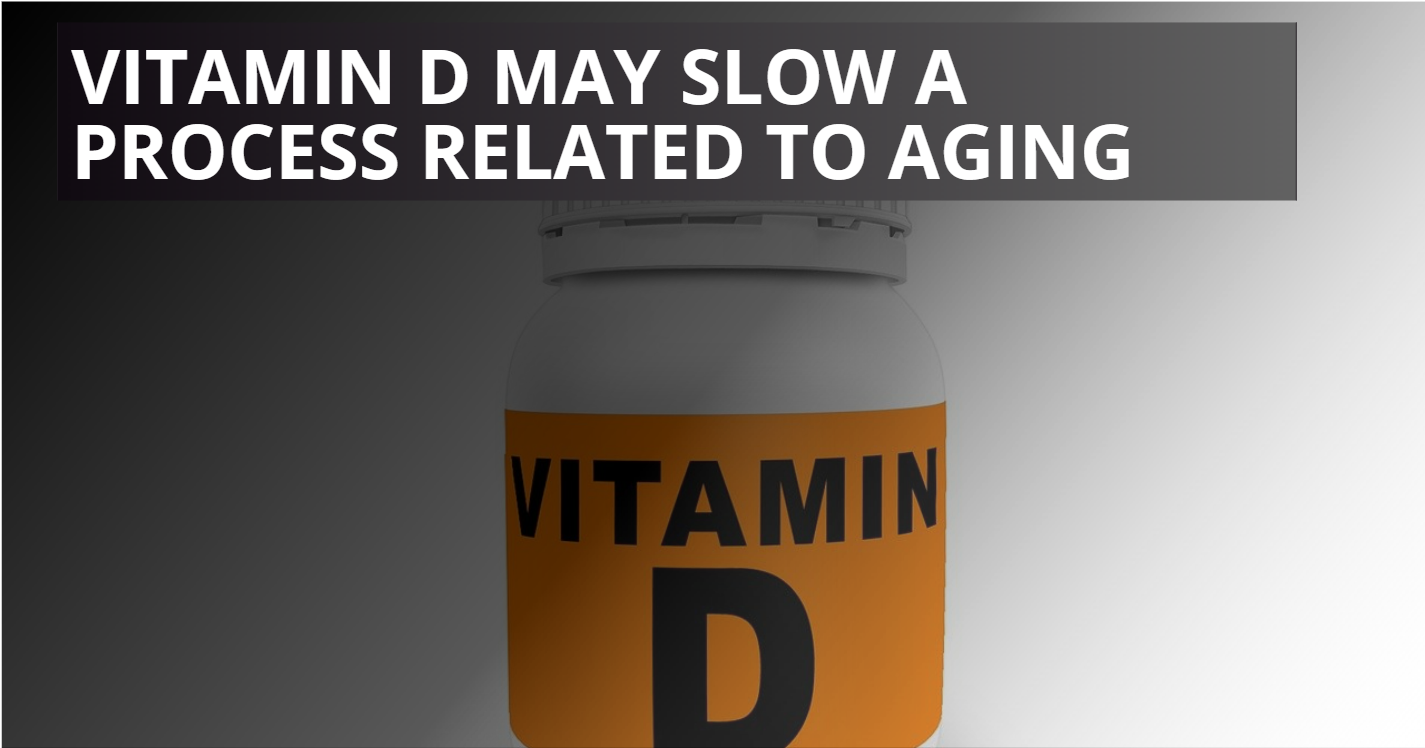
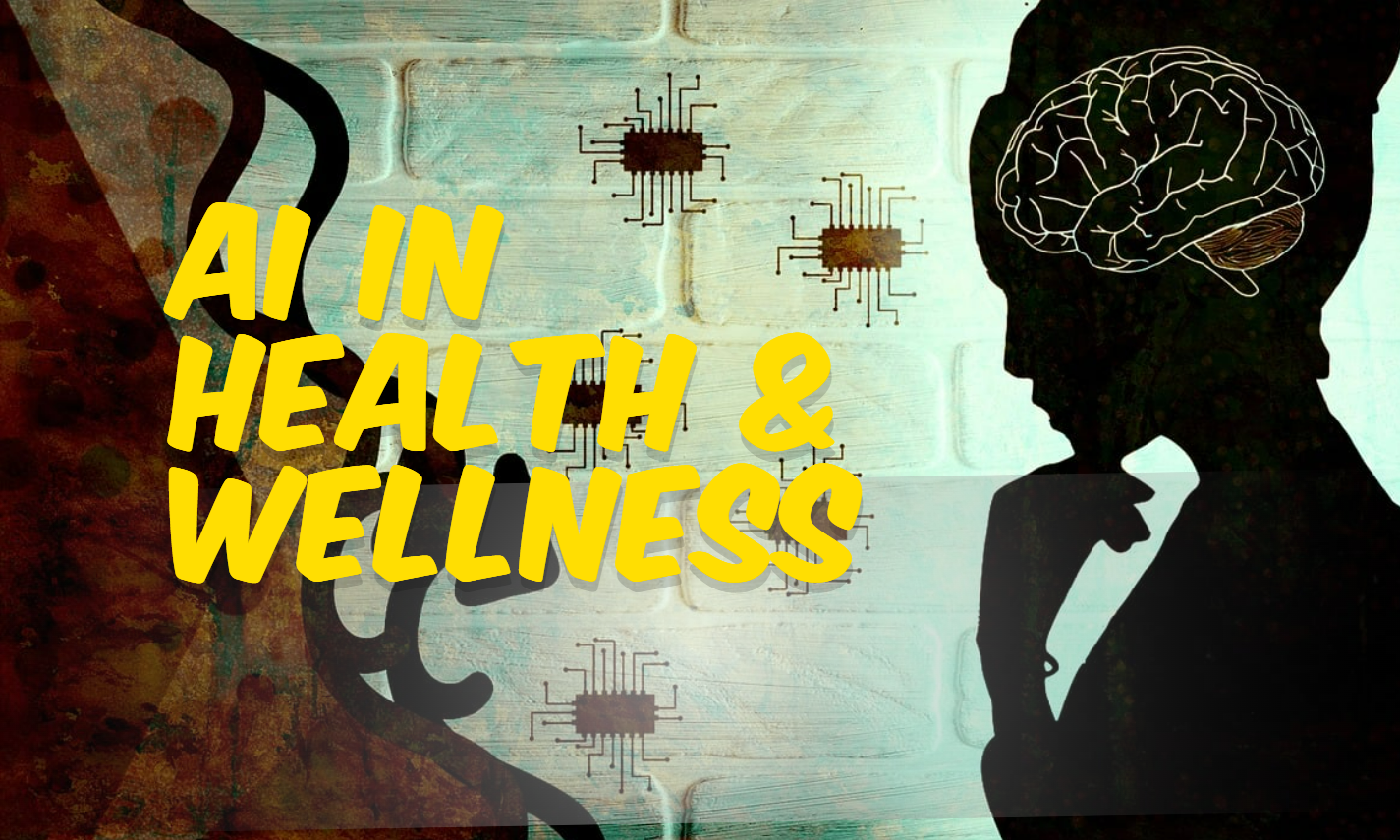
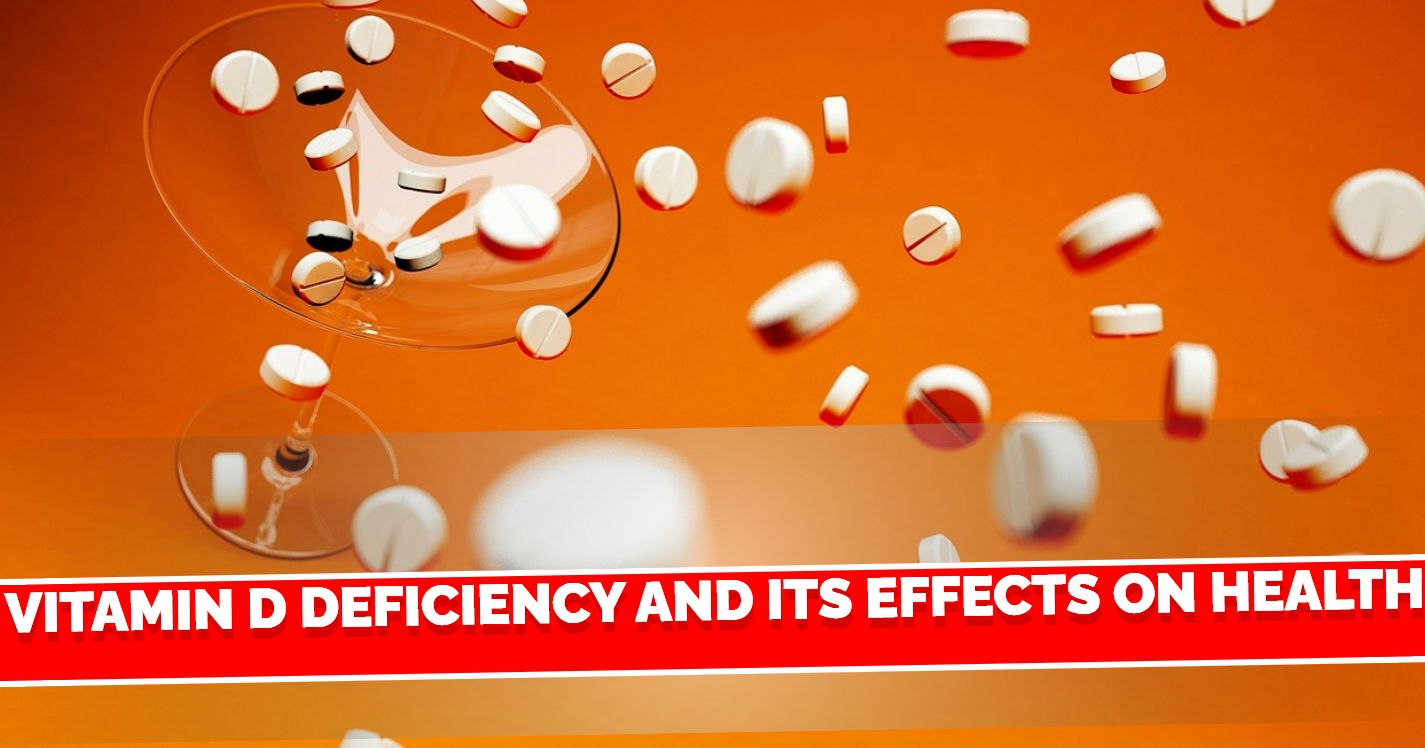
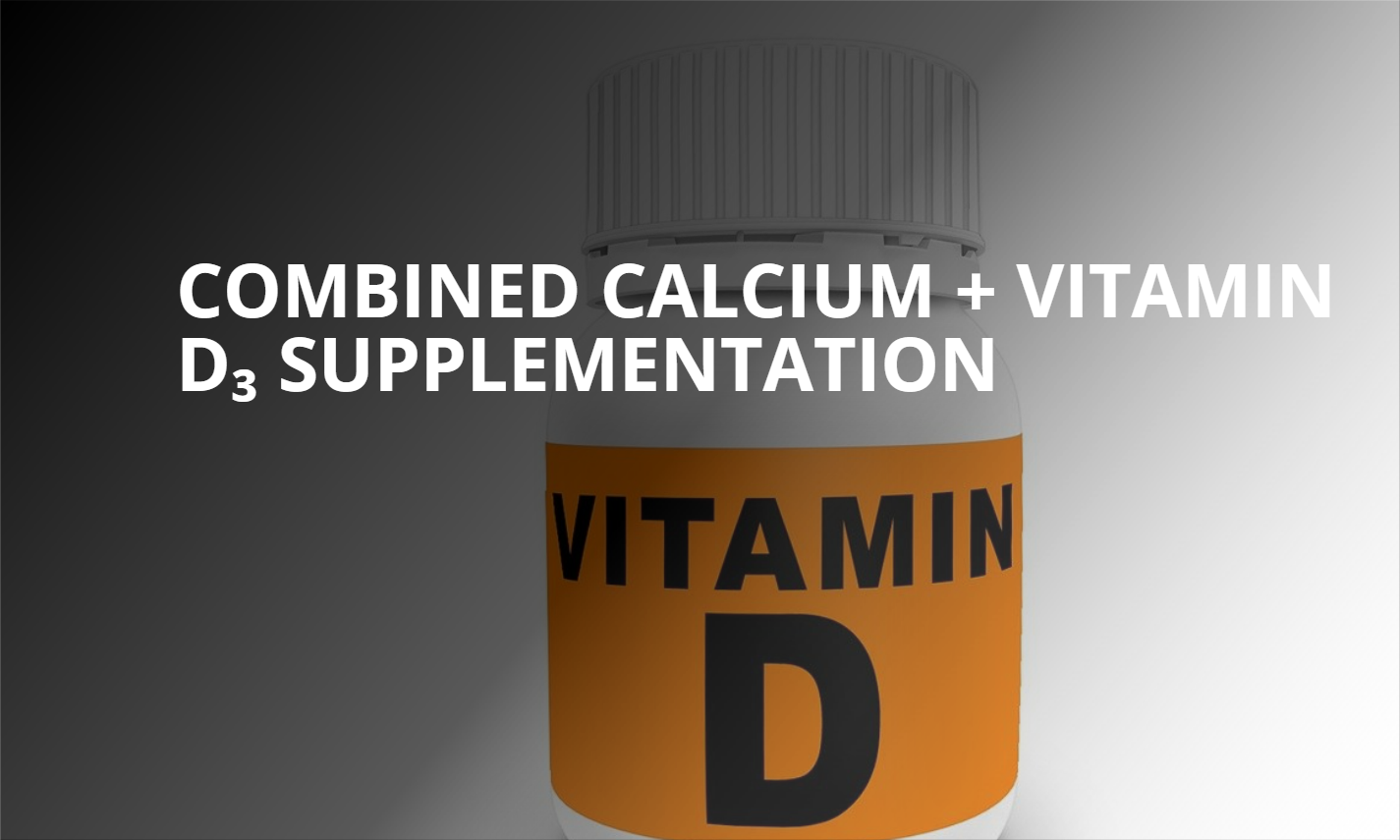

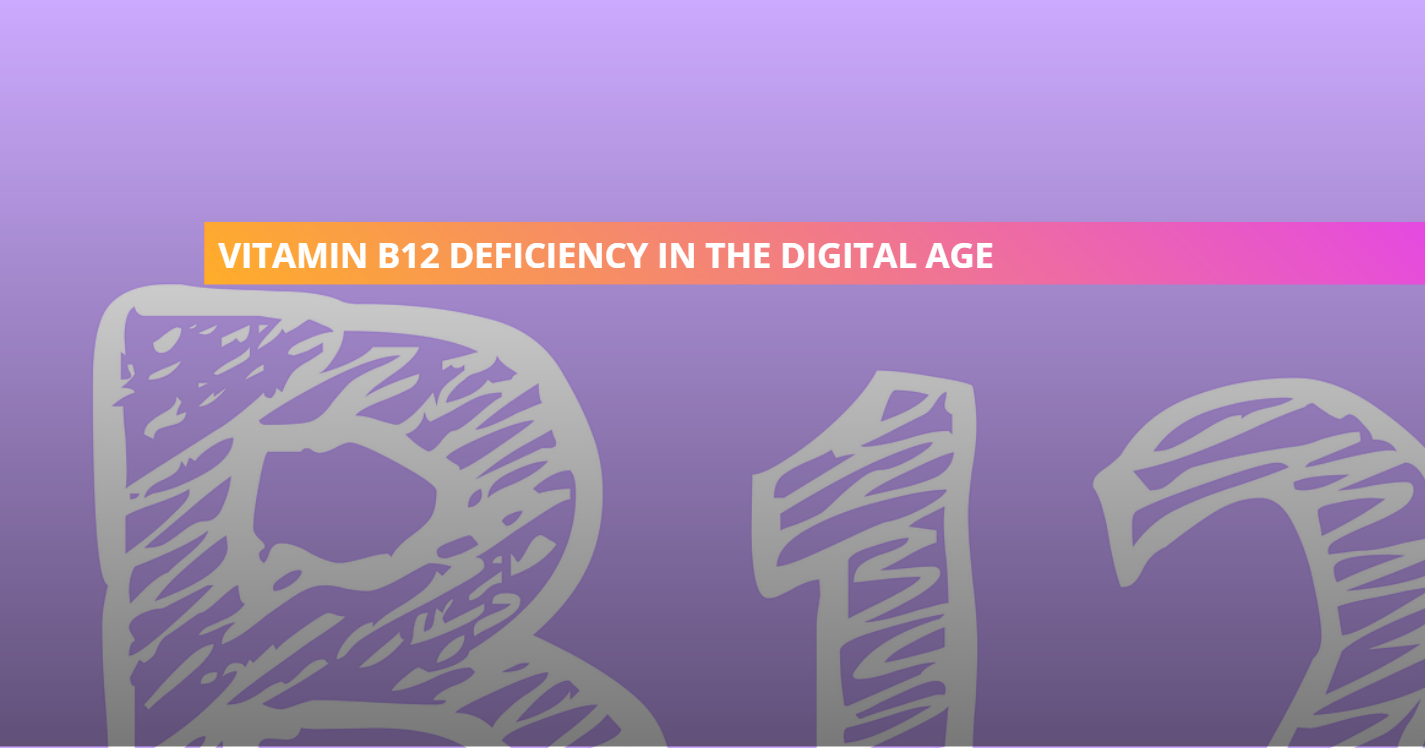
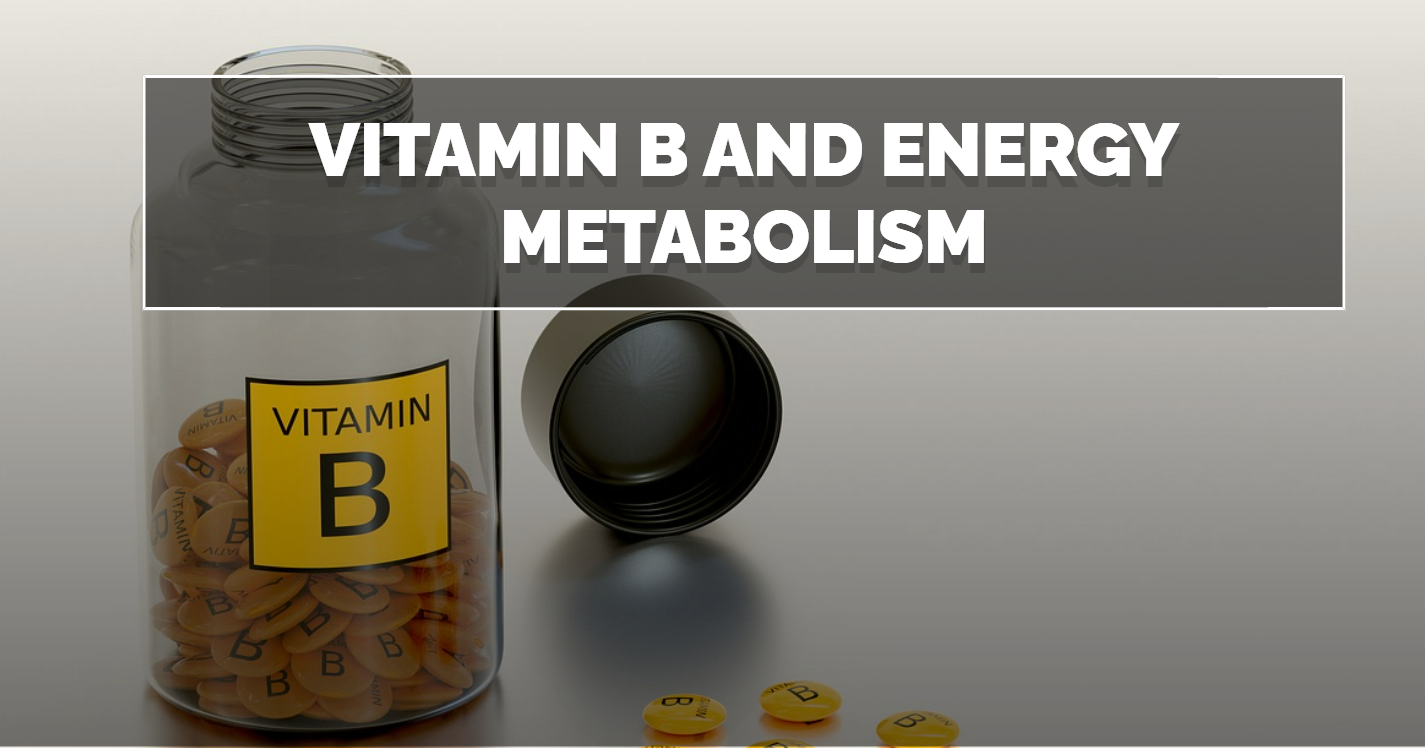
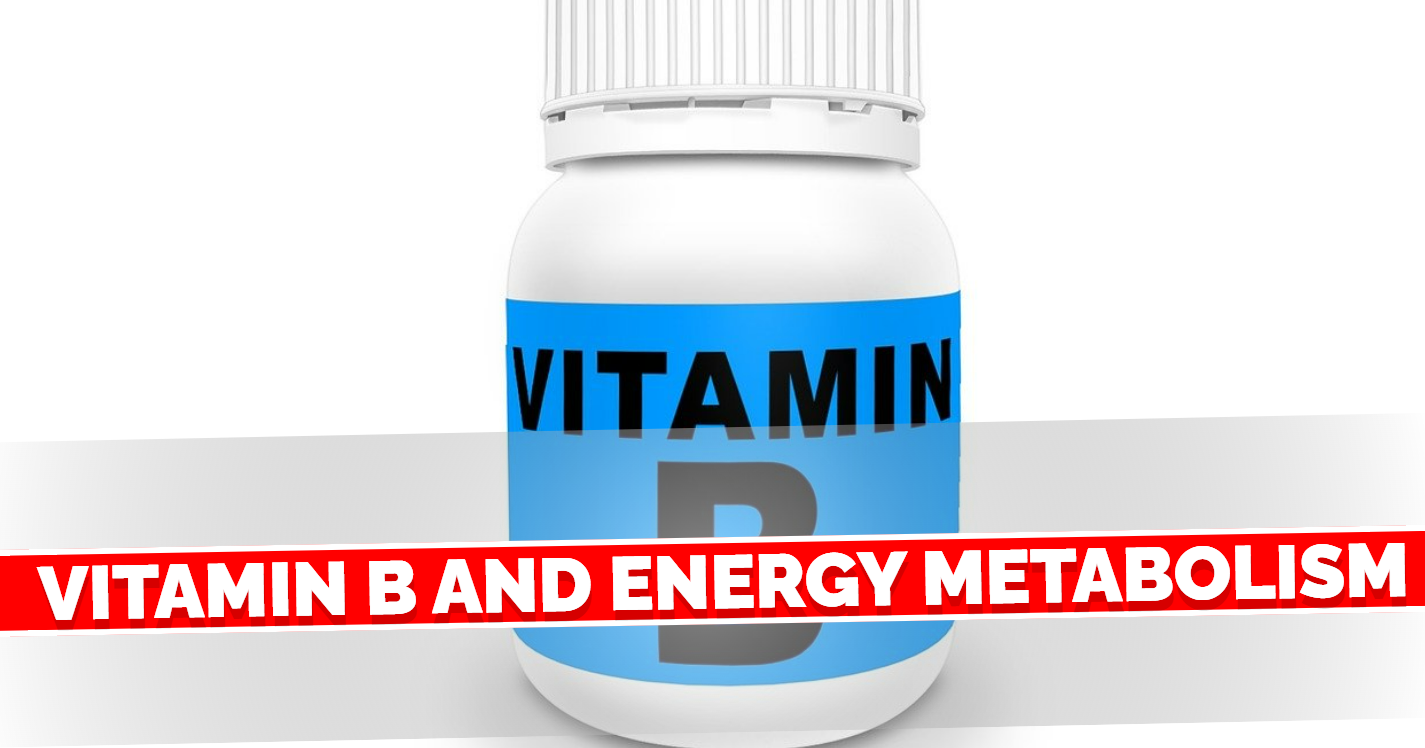
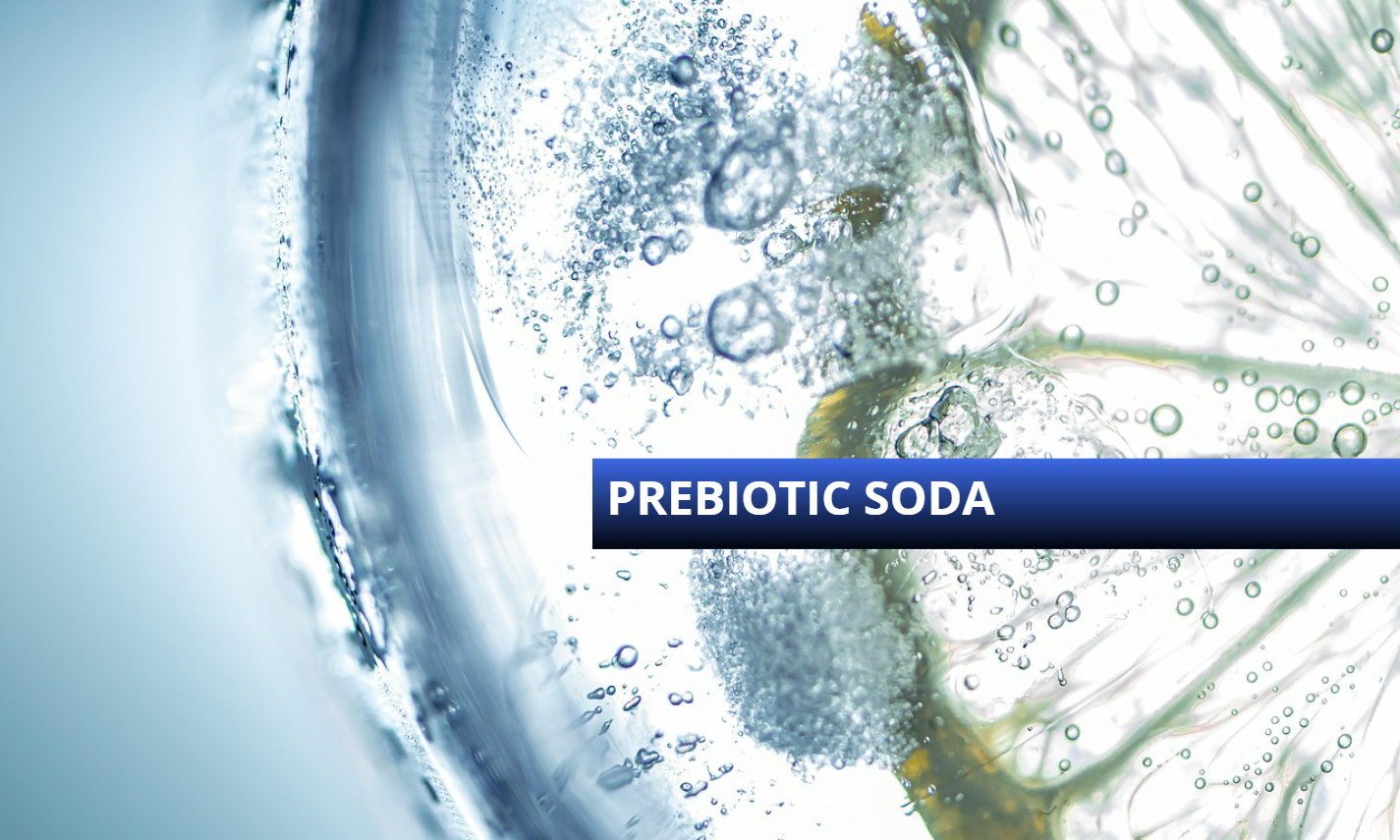






Leave a Reply